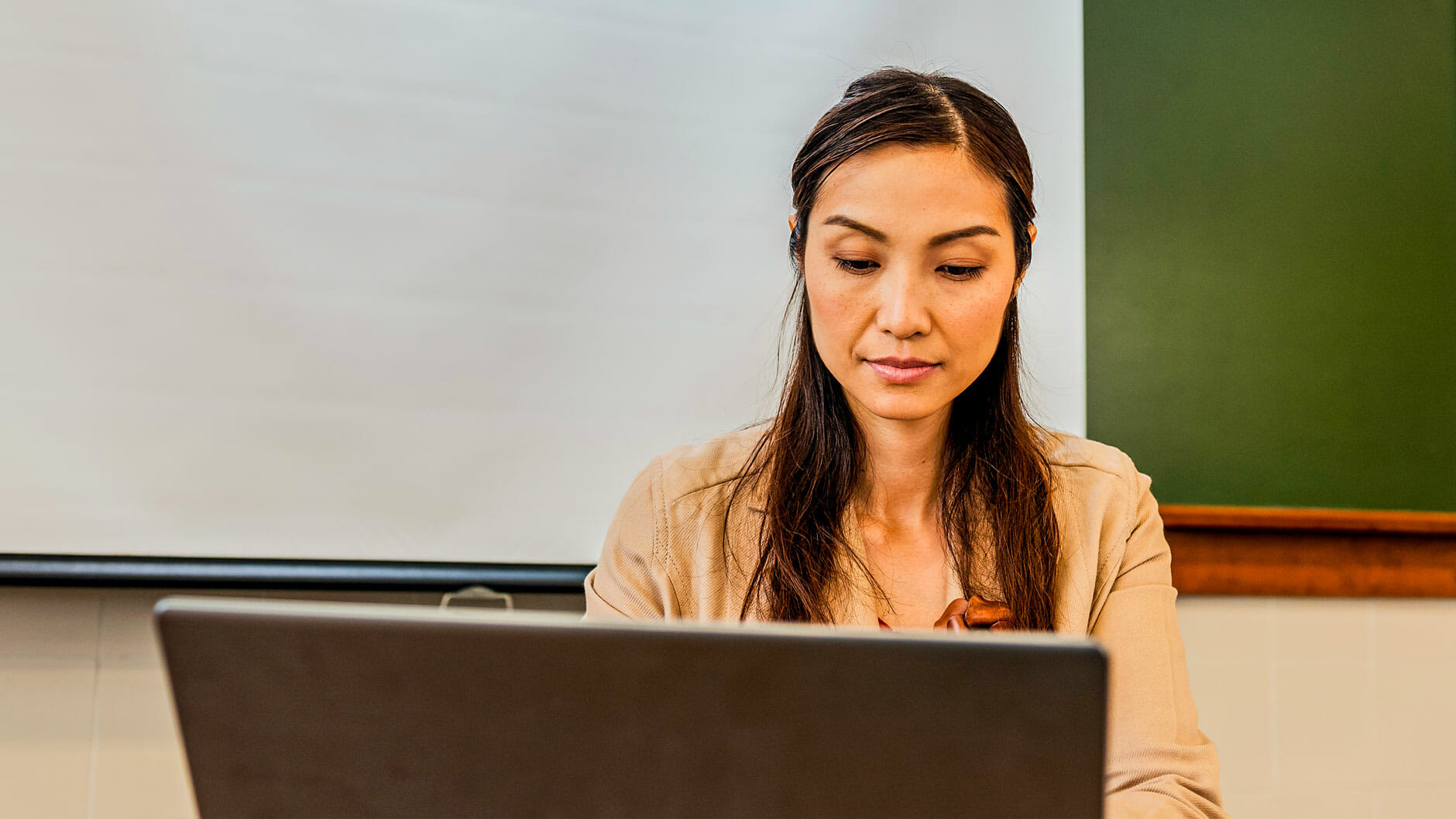Parent-teacher interviews offer a rare opportunity to get a real insight into how your child is going at school. But, unless you’re a teacher yourself, it’s hard to know the best questions to ask. Find out how to prepare and what to say when you and your child’s teachers come face to face.
What are parent-teacher interviews?
Throughout your child’s time in primary and secondary school, you will be invited to attend these interviews, or short meetings, once or twice a year. Having an interview doesn’t mean there’s a problem. It’s a great chance to explore all aspects of your child’s progress and their challenges. Ideally, they are just one of many conversations parents have with their child’s teacher and there should be no real surprises.
Interviews can be daunting for parents, especially if you’re meeting new teachers or nervous about your child’s progress. I can promise you, teachers find them nerve-wracking too! I was very apprehensive about my first parent-teacher night. I had a full list of parents I would meet for the first time, on rotation every ten minutes. I felt like I was preparing for a night of speed dating. Eventually, of course, I realised we were on the same team, all wanting the best for each child. If you can get on board and work together with your child’s teachers, the outcomes can be powerful.
Why go to parent-teacher interviews?
If you don’t have any particular concerns, you might wonder whether it’s worth attending. Interviews are a great way to find out more about your child’s academic, emotional and social development at school. Teenagers especially don’t always talk openly about what’s happening for them at school. Teachers are in a great position to watch how your child is developing and learning.
Attending interviews is also a good way to show your child you’re interested in their learning. Parent-teacher interviews can also help you:
- meet and get to know your child’s teachers
- make plans with a teacher about how to best support your child
- build a relationship with your child’s school.
Should I bring my child with me?
If your child is in secondary school, I would recommend bringing them along. For younger students, use your judgement. Some schools have an expectation that students attend, while others make it optional. In my experience, older students always felt better for attending, even if they were nervous beforehand. It allows them to be a part of the conversation and take responsibility for their learning. This is something that becomes increasingly important as children move up into the senior levels of schooling.
Yet, many a student sat in front of me refusing to make eye contact, afraid of what I might say. Instead, I turned the conversation over to them. “How do you feel you’re doing in this class?” It was a chance for the student to have the first word and lead the discussion about their learning.
How can I best prepare?
Teachers will come armed with assessment results and classroom concerns of their own. To get the most out of your interviews, it helps if you also take some time to prepare. Read your child’s school report carefully and note down talking points. Compile a list of questions and take them with you so you stay on track.
What questions should I ask?
Firstly, be prepared to answer some questions the teacher may have of you. As a teacher, I would often ask parents, “Do you know what we’ve been doing in class?” or “How much effort have you seen at home?”
Then it will be over to you. If you’re not sure what to ask your child’s teacher, here are some ideas to get you started:
- How is my child going in this class/subject? This is a great opening question.
- What are my child’s interests and strengths?
- What does my child struggle with/do you have any concerns?
- What can I do at home to support my child’s learning? This may lead to a conversation about homework and expectations.
- How does my child contribute to the class atmosphere? This is also a good time to discuss behaviour.
- How does my child get along with other students? Depending on the age of your child, you might ask about their socialisation skills or who they work best with in class.
- What support services are available for my child at this school?
Being organised with your questions will help keep your conversation on track and make sure you have a meaningful conversation about your child’s progress.
Parent-teacher interviews provide a strong foundation for working in partnership with your child’s teachers – so you can be better equipped to support your child’s learning at home.
